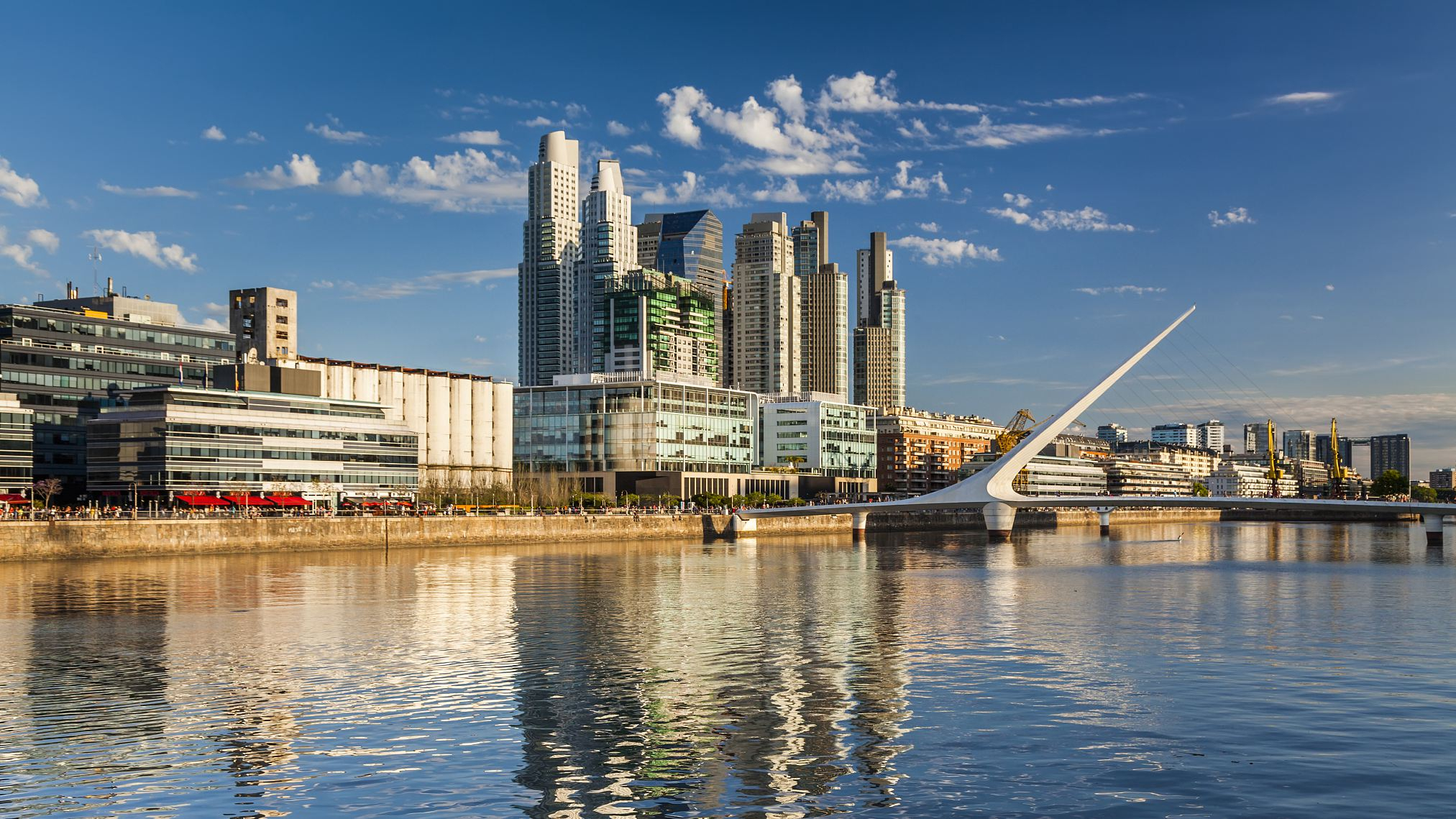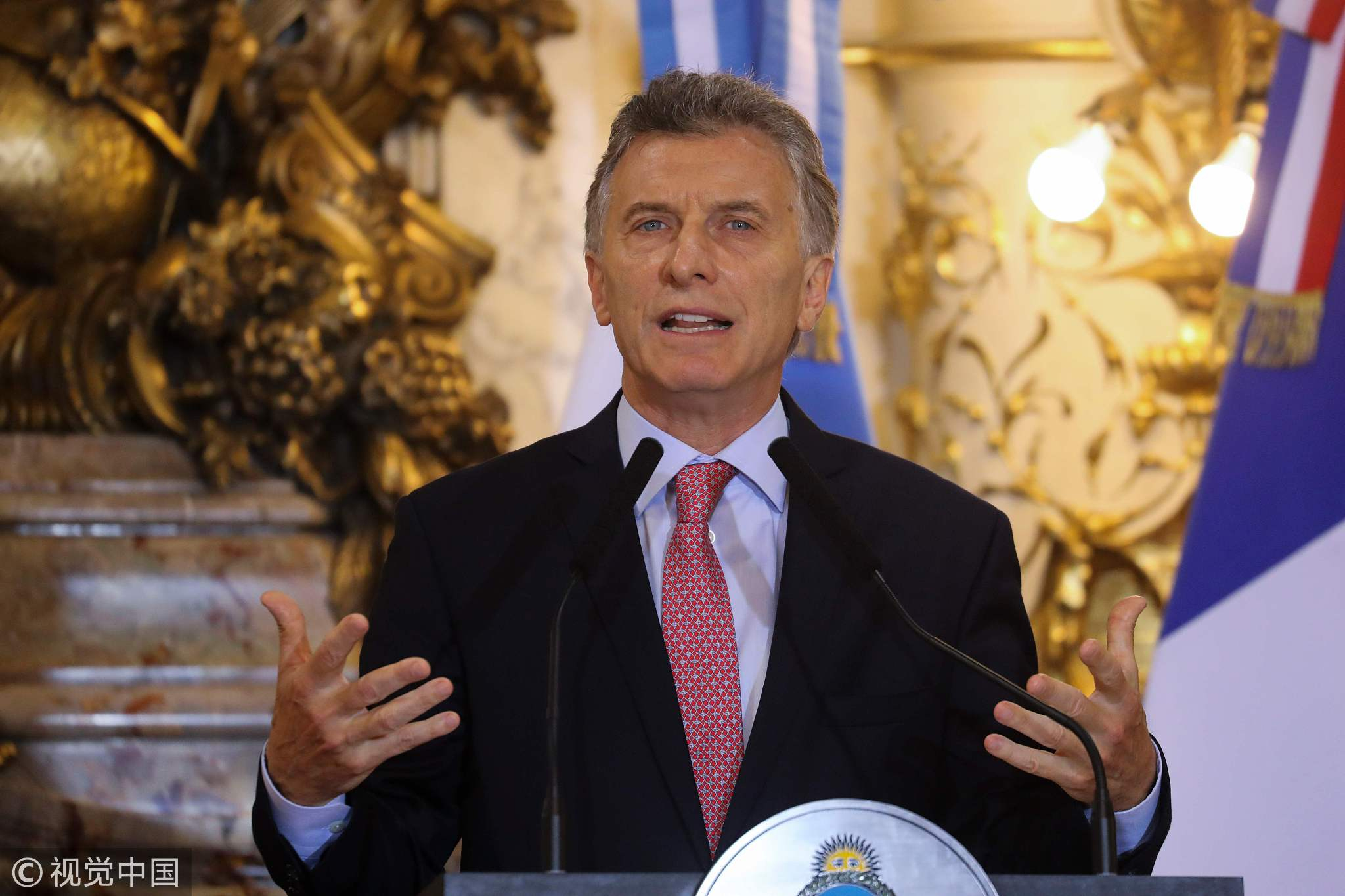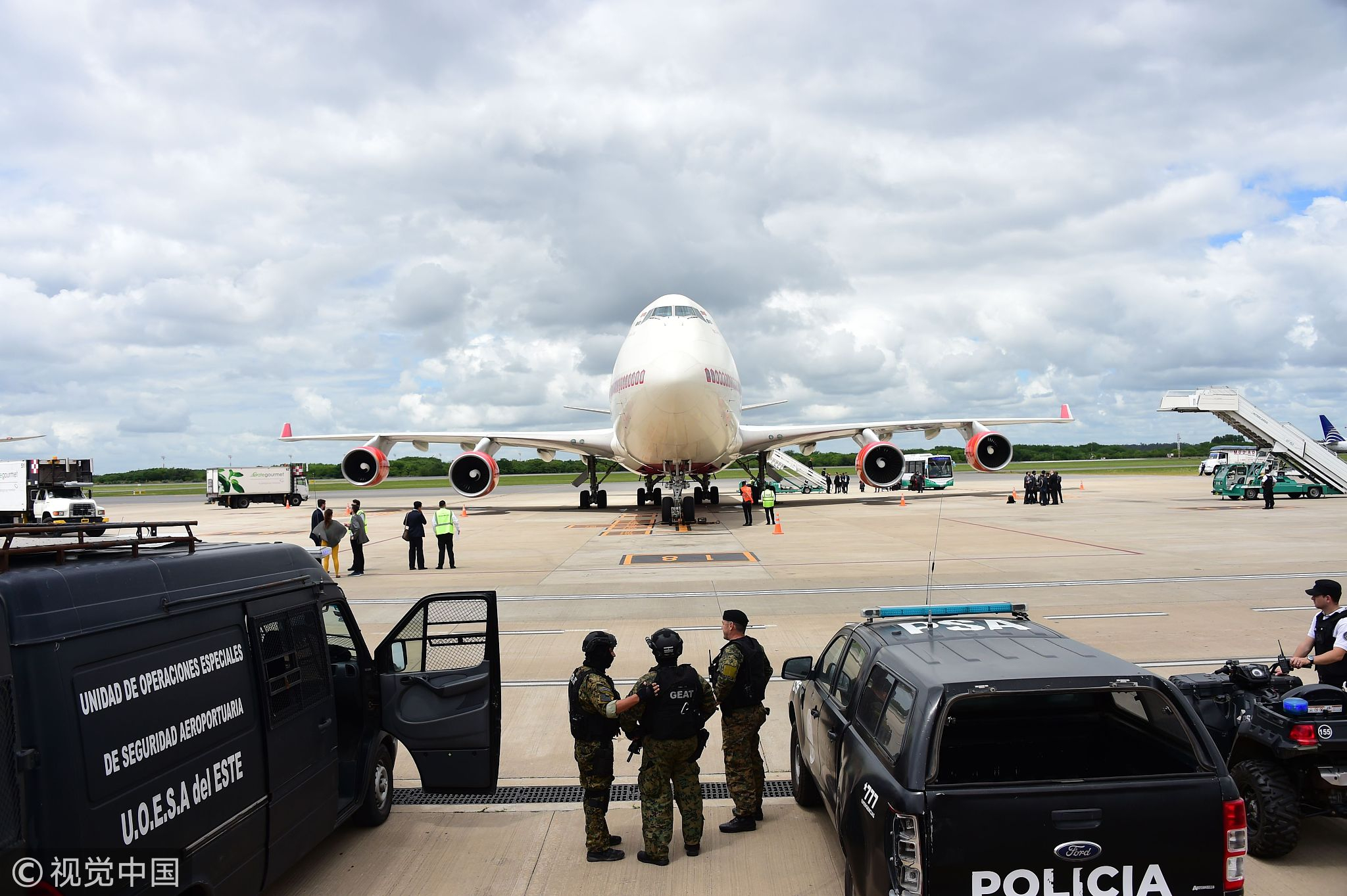China-Argentina ties move towards a new era
Jiang Shixue

Editor's note:Jiang Shixue is a professor at the Institute of Global Studies at Shanghai University. The article reflects the author's opinion, and not necessarily the views of CGTN.
Chinese President Xi Jinping embarked on his fourth official trip to Latin America since taking office in 2012. This time he is scheduled to visit Argentina and Panama.
Since China and Argentina established diplomatic ties in 1972, bilateral relations have been kept on good terms. In 2004, both sides agreed to establish a strategic partnership, which was upgraded to the comprehensive strategic level in 2014.
Argentina is rich in natural resources, and China is good at making industrial goods. This comparative advantage has made it possible for the two-way trade to reach almost 14 billion U.S. dollars in 2017.
China's currency, the RMB, is becoming more and more internationalized and the central banks of the two countries have agreed on two currency swaps, one in July 2014, and the other in July 2017.
Progress in cooperation and exchanges has also been made in other areas such as science and technology, space, military, nuclear energy, Antarctica exploitation, and people-to-people exchanges.

Argentina's President Mauricio Macri speaks during a press conference at Casa Rosada presidential house in Buenos Aires, November 29, 2018. /VCG Photo
Argentina serves the rotating presidency of the G20 this year. Within the framework of G20, there are B20 (Business 20), C20 (Civil society 20), L20 (Labor 20), S20 (Science 20), T20 (Think-tank 20), W20 (Women 20) and Y20 (Youth 20).
China has offered a certain kind of indirect assistance to Argentina by participating in these engagement groups. For instance, at the end of September this year, the Institute of Global Studies at the Shanghai University organized a T20 Forum. Quite a few scholars and government officials from Argentina and other G20 members were present at this event. They discussed a wide range of topics related to the priority of the G20 meetings.
At the invitation of President Xi Jinping, Argentine President Mauricio Macri paid a state visit to China and attended the Belt and Road Forum for International Cooperation in May, 2017. During their talk, it was agreed that the Belt and Road Initiative (BRI) would be extended to Argentina and other Latin American countries.
President Xi Jinping's trip to Argentina will provide the bilateral ties with one more impetus. In the near future, both sides need to undertake more effective and tangible actions to reap more harvests from the BRI.

Security forces guard the tarmac during the arrival of Presidents and Heads of State at Ezeiza International airport in Buenos Aires, November 29, 2018. /VCG Photo
China and Argentina must strengthen policy coordination so that more synergies can be created from the connectivity within the BRI.
Although Argentina is a member of Mercosur – the customs union of Brazil, Argentina, Uruguay and Paraguay, which prevents Argentina from signing a free trade agreement with China or any other non-member partners – China and Argentina can work together to strengthen trade facilitation. Particularly, Argentina needs to make its products more competitive in the Chinese market.
Moreover, in order to attract more Chinese investment, Argentina must improve its investment environment. As mutual trust is one of the most important preconditions for promoting bilateral relations, China and Argentina must find out more effective ways of strengthening people-to-people exchanges.
According to the Chinese foreign ministry, China-Argentina cooperation has become a model for the developing world or the emerging economies. President Xi Jinping's state visit will lead the bilateral ties into a new era.
(If you want to contribute and have specific expertise, please contact us at opinions@cgtn.com.)
